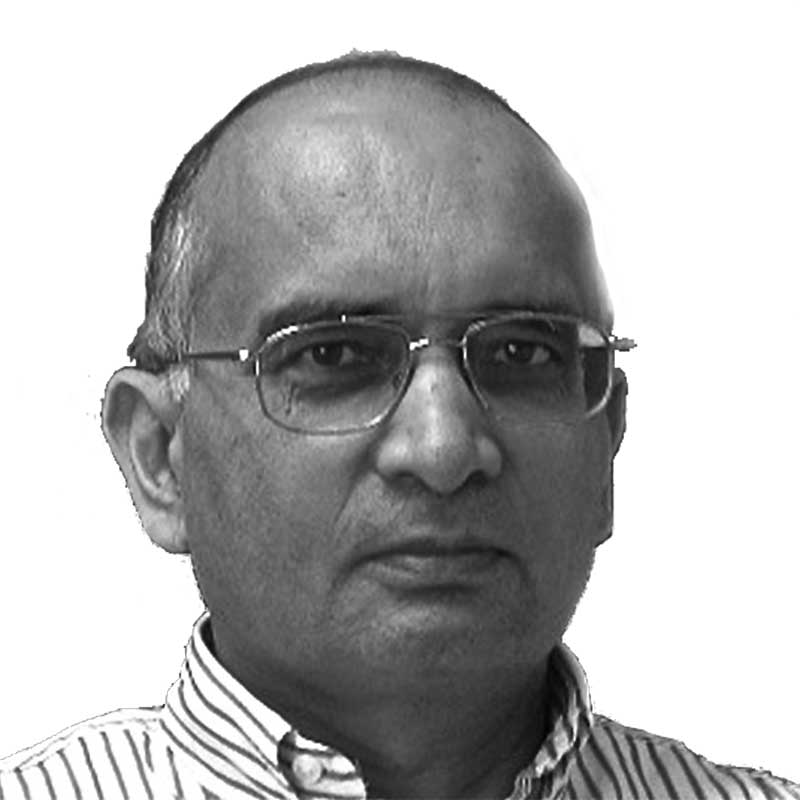
Meta
Ramesh Thakur
Ramesh Thakur is Professor in the Crawford School of Public Policy, Australian National University; adjunct professor, Institute for Ethics, Governance and Law, Griffith University, and editor-in-chief of Global Governance from Jan. 1, 2013. He began writing for The Japan Times in 1998 as Vice Rector of the United Nations University.
Nov 28, 2007
Nov 7, 2007
Sep 26, 2007
Sep 15, 2007
Jan 12, 2007
Nov 20, 2006
Sep 25, 2006
Sep 18, 2006
Aug 5, 2006
Jul 29, 2006
Jul 24, 2006
Jul 13, 2006
May 10, 2006
Feb 16, 2006
Jan 26, 2006
Nov 24, 2005
Nov 10, 2005














